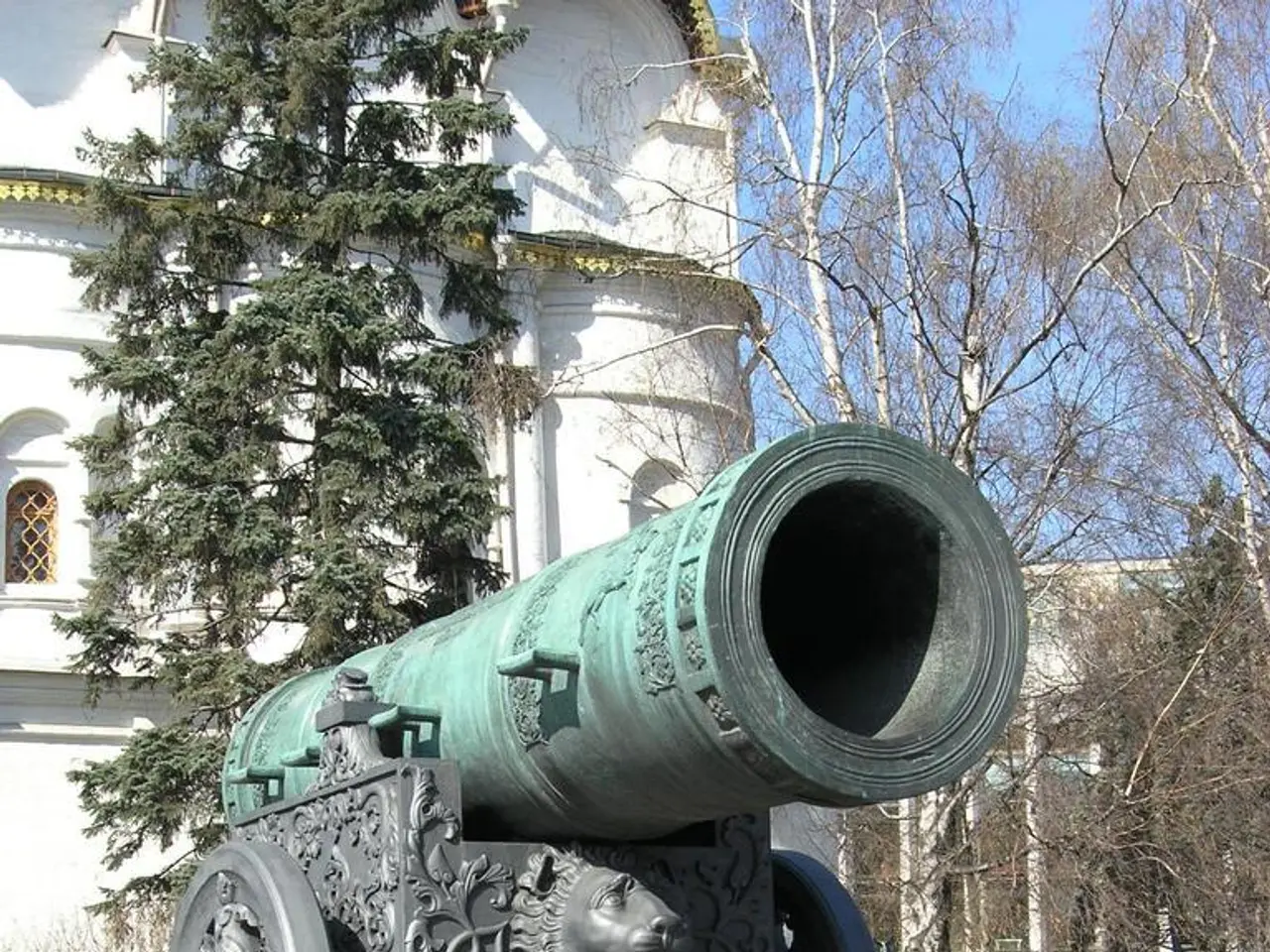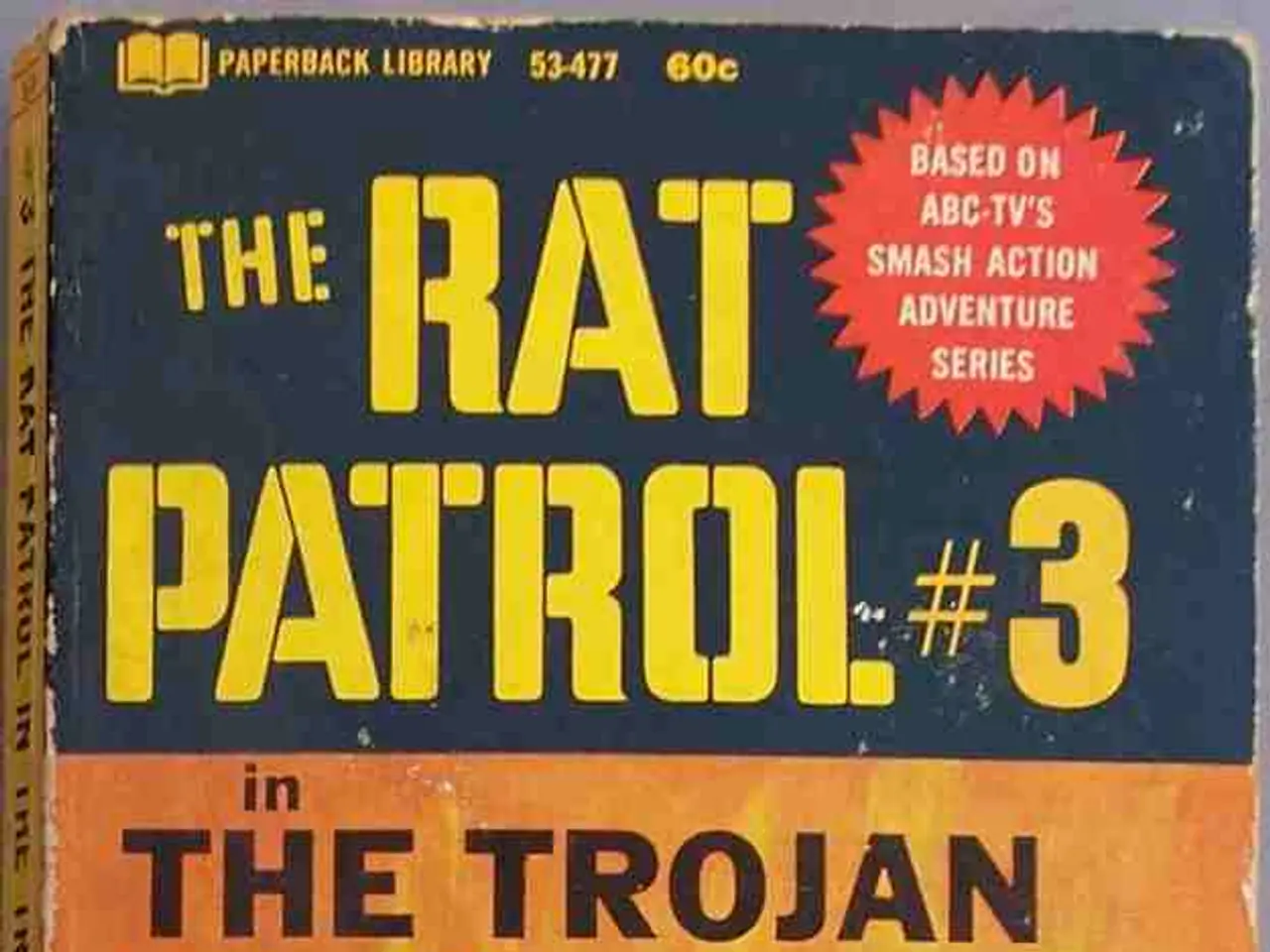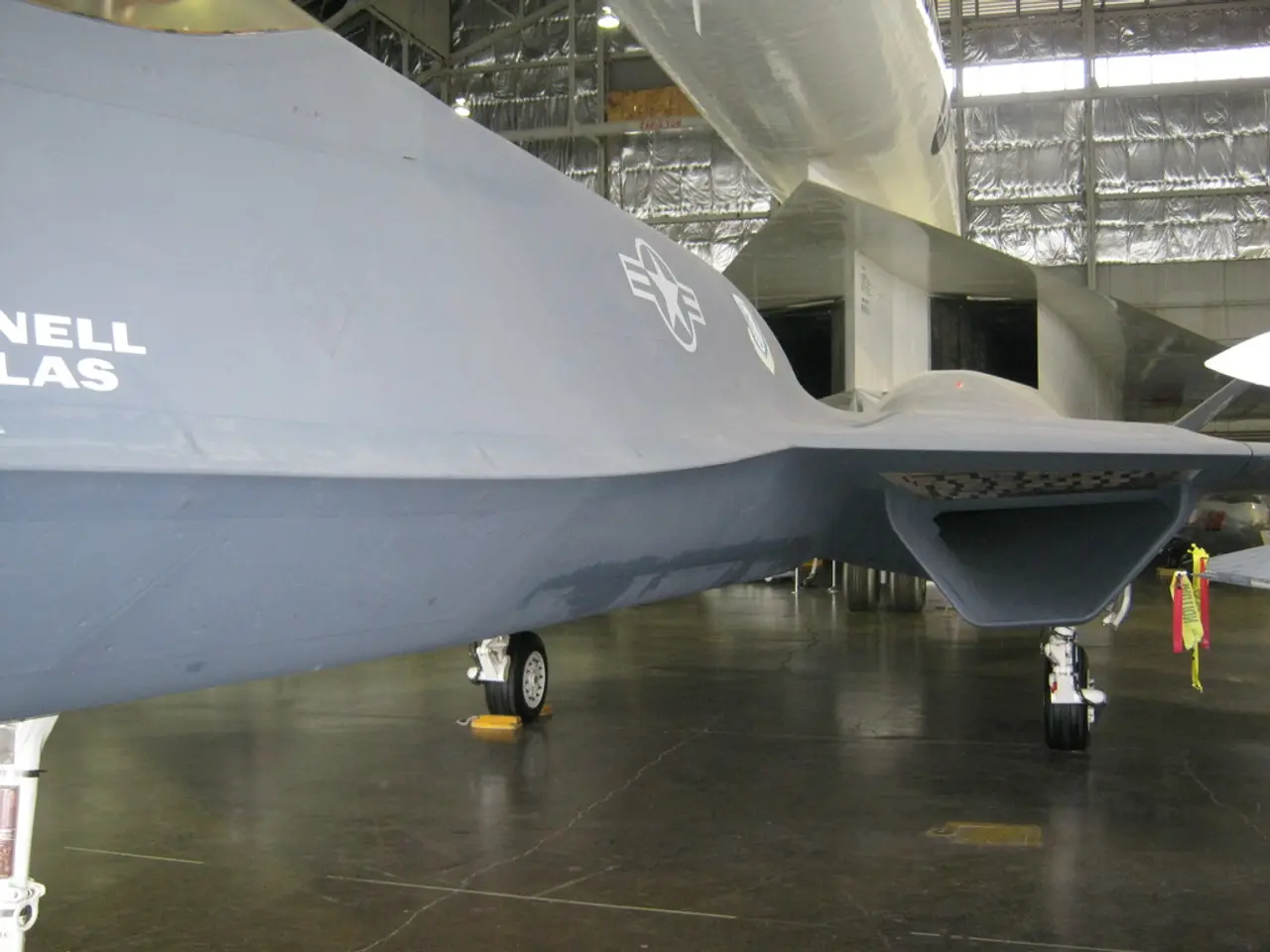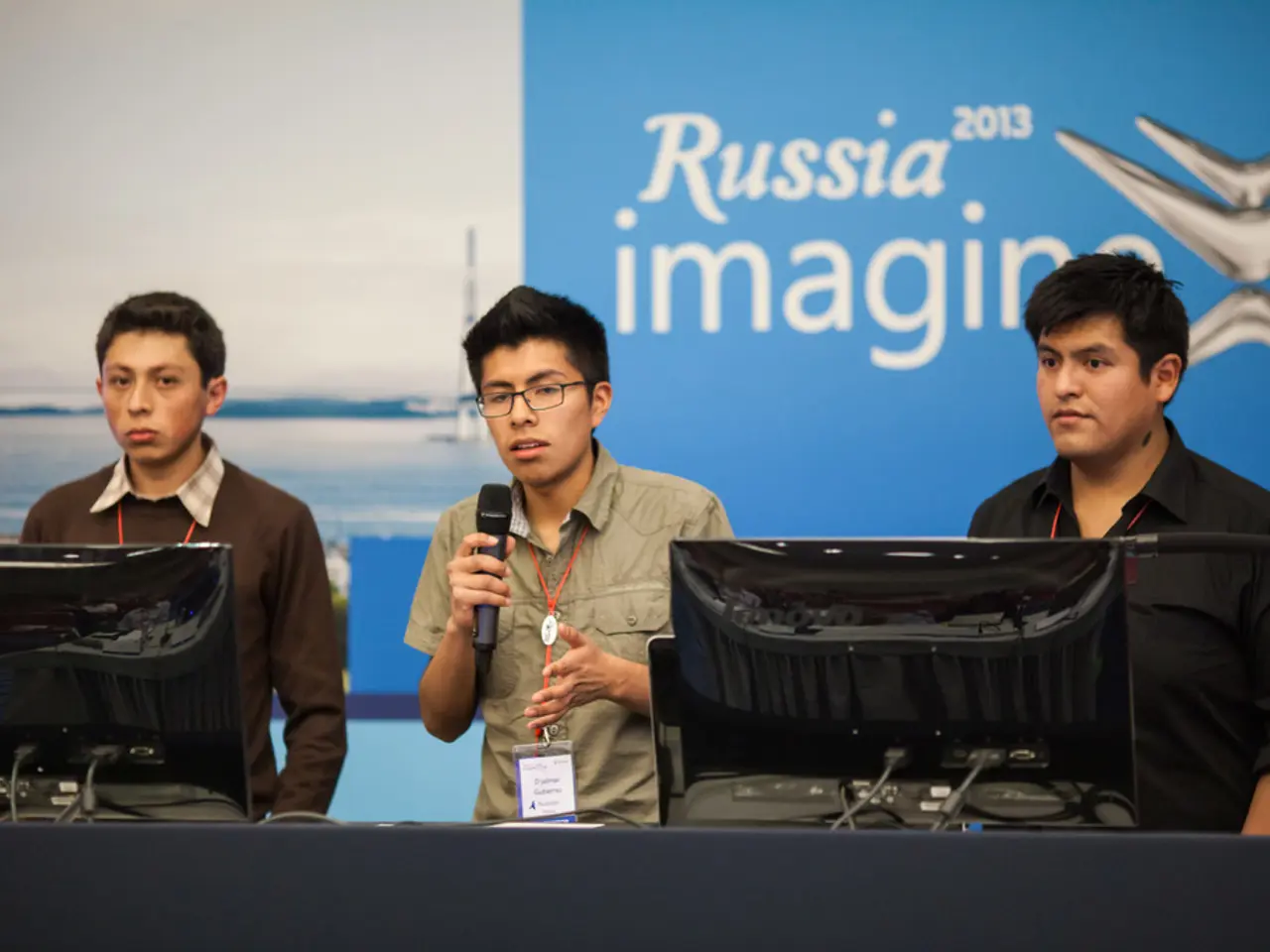Trump could find Russia's nuke threats beneficial for diverting attention
President Donald Trump has ordered the repositioning of two U.S. nuclear submarines in response to inflammatory statements made by Dmitry Medvedev, a former Russian president, on social media. Medvedev, who is often referred to as "little Dima" in Russia due to his small stature, made nuclear threats against the United States, referencing Russia's Soviet-era automatic nuclear retaliation system, known as the "Dead Hand."
Trump stated his order for the nuclear submarines was in response to Medvedev's "foolish and inflammatory statements." However, Russian officials, including Trump's secretary of state, Marco Rubio, have downplayed Medvedev's social media posts. Medvedev is widely seen as politically irrelevant in Russia and has little authority or power.
The seemingly flippant use of nuclear threats by both nations does not signal an impending nuclear confrontation. There are multiple U.S. nuclear submarines, armed with hundreds of nuclear warheads, patrolling the world's oceans on any given day. Russia, with its vast size, has more atomic weapons than any other country in the world.
The escalating nuclear rhetoric between the U.S. and Russia may serve as a useful distraction from domestic political problems. The Kremlin has publicly urged caution and a reduction of such nuclear-related rhetoric to prevent further escalation, emphasizing that Russia does not seek to worsen the situation despite Trump's provocations.
Trump's Mideast envoy, Steve Witkoff, is scheduled to hold more talks with the Russian leadership in the coming days. Witkoff is likely to press for a ceasefire in Ukraine, as a deadline set by Trump for the Kremlin to agree to peace is approaching. The repositioning of the U.S. nuclear submarines, combined with the vast size of Russia, makes it unlikely that any repositioning would significantly affect their ability to strike Russian targets.
Despite the heightened tensions, the broader relationship between Washington and Moscow is not at the brink of nuclear confrontation. The U.S.-Russia relationship amid the Ukraine war adds strain, increasing risks of miscalculation while also reflecting the broader geopolitical struggle between the two nations. Trump's direct social media confrontations with minor yet influential Russian officials reflect a high-stakes approach that draws sharp Kremlin reactions and warnings about the dangers of escalating nuclear tensions.
European politics and world news have been dominated by the escalating rhetoric between the United States and Russia, with President Donald Trump ordering the repositioning of nuclear submarines in response to inflammatory statements made by former Russian president Dmitry Medvedev, who is known for his small stature. Despite the seeming intensity of the exchanges, feelings in the general news and international community suggest that this does not signify imminent war-and-conflicts, as both countries possess a massive nuclear arsenal, with Russia boasting the largest stockpile in the world.







